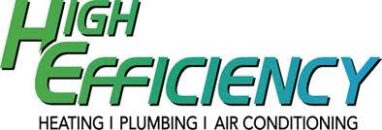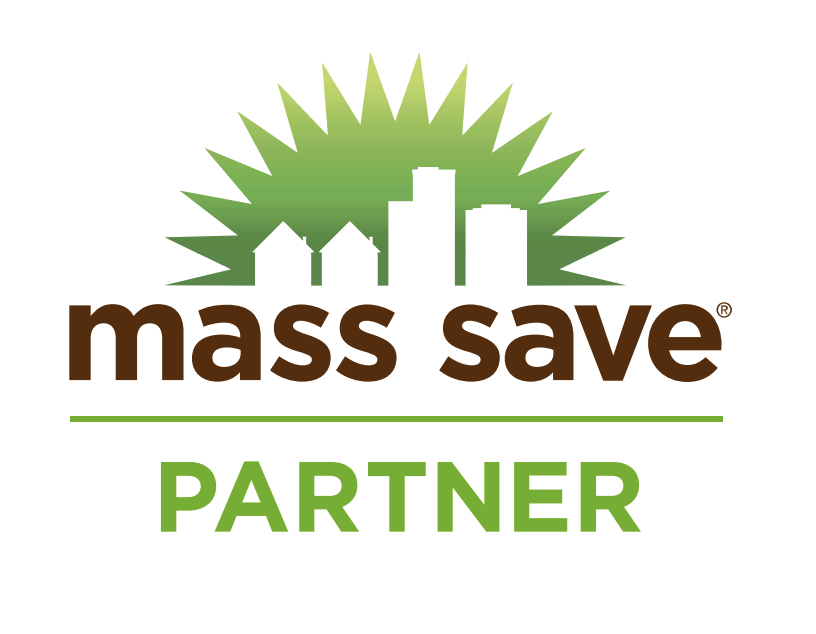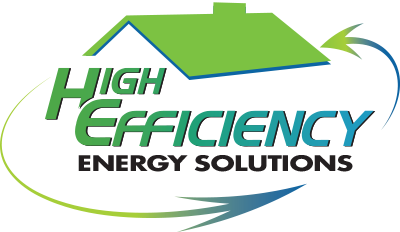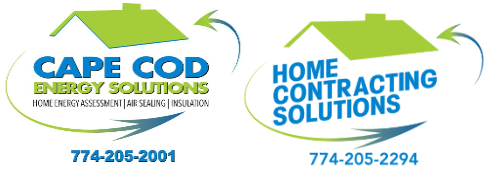Plumbing problems in the home can be very stressful. In order to prevent these unfortunate problems, it’s important to educate yourself on the different ways to prevent them, like knowing what warning signs to look out for and learning how to keep your pipes and drains clear and in good shape.
Are you a home or property owner who wants to know more about how to take care of your plumbing? Do you want to prevent costly damages?
Keep reading to learn the best way to care for your plumbing systems and prevent problems.
The Dos of Preventing Plumbing Problems
There are many different things to keep in mind when caring for your plumbing system. It’s important to educate yourself on the needs of your plumbing, to keep your pipes and drains in shape for a long time to come.
Here’s a list of some of the things you should do:
1. Always Use Drain Screens
This is a simple and incredibly effective way of preventing clogged drains. Drain screens play an important role in keeping food, hair, lotion, dental floss, nail clippings, and a variety of other items from going down the drain. If you haven’t installed one yet, install one immediately.
2. Regularly Check On the Water Heater
It’s important to consistently check on your water heater every so often for signs of leakage, or rusting. Water heaters are generally known for their long life expectancies, but it is important to stay on the lookout for any signs of damage.
3. Watch Out for Laundry Leaks
Washing machine systems have a set of rubber connection hoses, that have the potential for drying out and/or bursting, and can allow water by the gallons into your home. To prevent this, regularly monitor the hoses for any signs of cracking or blistering.
Another helpful tip: if you plan on leaving your home for an extended period of time, shut off the water supply valves that lead to your washer.
4. Keep An Eye On Outside Faucets
Regularly check on outdoor faucets to make sure that they are not running or leaking water on your property without your awareness. Once the weather starts to cool and winter approaches, turn off all outdoor faucets completely to properly prevent the pipes from freezing and bursting.
5. Take Breaks Between Showers
This advice is especially a good idea for those with larger families. After someone showers, allow the drains 10 minutes at the minimum to do their job before someone else takes another shower. It’s important to give your shower drains time to suck up all the remaining water and soap residue.
6. Know Where Your Main Valve Is
Different homes and their unique plumbing systems can have many different valves, but it is crucial to know the one switch to the main shutoff valve. Knowing the location of this important switch can prevent hundreds of dollars in possible damage to your home.
Find the main shutoff valve, and test it to make sure it shuts off properly. It’s usually located at the lowest level of homes, usually near the street. Knowing where this important switch is and having it already tested can help save you if severe flooding ever happens.
7. Clear Clogs Immediately
If a clog arises in any of your drains, clear it as soon as possible. You can do this with a snake, or a wet or dry vacuum. It’s important to address and clear clogs quickly, as they can accumulate and grow worse, creating possible damage. Always take notice of any signs of clogging.
The Don’ts of Preventing Plumbing Problems
In order to best prevent problems down the road, you must know what to avoid while caring for
your plumbing systems. Following these helpful tips can provide you with peace of mind and a sense of control over your home and property.
Here are some things you should not do:
1. Don’t Put Grease Down The Drain
Grease, cooking oils, and other fats can cause major blockages in kitchen sinks and garbage disposals. Grease and fats do not mix well with water, and solidify when cooled, which can clog up your sink and damage your pipes. They are also generally bad for septic systems.
2. Don’t Put Trash Down The Garbage Disposal
Just because it is named “garbage disposal”, doesn’t mean that is where your garbage should go. Putting trash and other non-food items down in garbage disposals can break or harm your pipes. Only put down soft and small pieces of food, making sure to grind them up evenly with the disposal.
3. Don’t Flush Wipes or Other Hygiene Products
The only thing that should be flushed down a toilet is toilet paper. Even if wet wipes are misleadingly labeled “flushable”, do not do so. Wipes don’t break down and dissolve like toilet paper, which makes them likely to clog toilets and pipes and can cause harm to sewage systems in the long run.
There are other things that are not flushable, like tissues, cotton swabs or balls, medications, tampons, dental floss, and diapers. Again, the only thing that should be going down a toilet is toilet paper. Doing this can prevent you from costly damages.
4. Don’t Use Chemical Drain Cleaners
There is a wide market of chemical drain cleaners available out there, but these are best avoided. Using harsh chemicals down your drain to fix clogs can eat away at your pipes over time, causing more costly damages in the long run.
Conclusion
Taking care of your plumbing systems doesn’t have to be a stressful or confusing task. Keeping a regular maintenance checklist and list of potential problems to look out for can help you prevent any issues from arising, and save you a lot of money in the long run.



